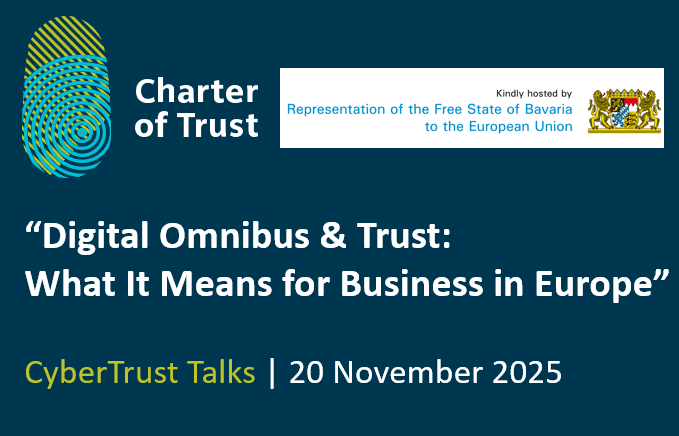

Security By Default
Integrate security into digital innovation and operations.
Our Security by Default Working Group is committed to help integrate robust security measures into the core of every digital innovation and business operation.
Spearheaded by our Partners, our mission is to champion the principle of security by
default, adopt the highest appropriate level of security and data protection and
ensure that it is preconfigured into the design of products, functionalities,
processes, technologies, operations, architectures, and business models.
We develop best practices, and provide actionable guidelines to foster a
security-first mindset across all sectors.
By leveraging our collective expertise and collaborating with policymakers,
businesses, and the wider community, we aim to build a resilient digital ecosystem
where cybersecurity is a fundamental priority, not an afterthought.

The principle of “Security by Default” represents one of the ten fundamental principles of the Charter of Trust.
The Principle 3 Task Force, consisting of cybersecurity professionals from the Charter of Trust member companies, have come together and worked on several topics related to security by default.
Our work is structured around the following phases:

PHASE 1: FOCUS ON SECURITY BY DEFAULT FOR PRODUCTS, FUNCTIONALITIES AND TECHNOLOGIES
2020 Principle 3 - Phase 1 “Products, Functionalities, Technologies” Baseline Requirements.

PHASE 2 : FOCUS ON SECURITY BY DEFAULT FOR PROCESSES, OPERATIONS AND ARCHITECTURES
2022 P3 Phase 2 “Processes, Operations, Architectures” Baseline Requirements.






